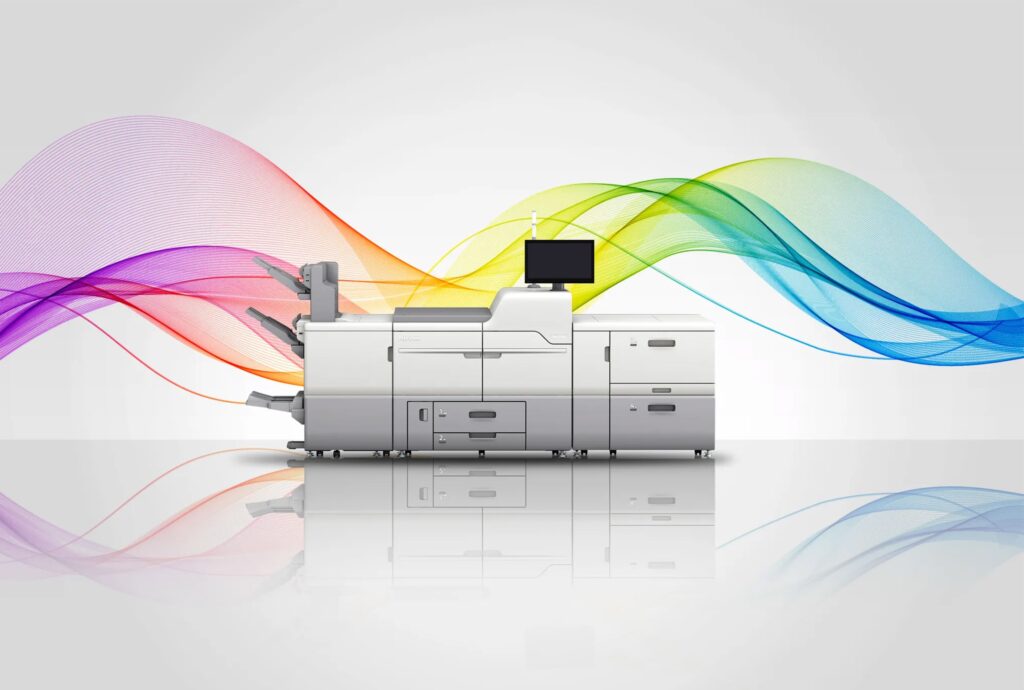
Choosing a document scanning provider isn’t just about who can convert paper to PDF the fastest. You’re handing over sensitive business information—potentially decades’ worth of medical records, legal files, HR documents, or financial data. The right partner will not only digitize your documents but do so securely, compliantly, and with minimal disruption to your operations.
So how do you choose a document scanning company you can trust?
In this guide, we’ll break down the critical qualifications to look for, the compliance standards that matter (HIPAA, SOC 2, etc.), and the smart questions you should ask before signing a contract.
Why It Matters: Scanning Is About More Than Technology
Your scanned files will power your digital workflows, regulatory compliance, and disaster recovery plans. If something goes wrong (like a data breach, misfiled documents, or poor-quality scans) it can have long-term consequences.
That’s why choosing a reputable, experienced, and secure scanning vendor is one of the most important decisions you’ll make in your digital transformation journey.
Learn more about our secure scanning process →
1. Look for Industry Experience and Specialization
Choose a vendor who understands the document needs of your specific industry:
- Healthcare → Must understand HIPAA, PHI protection, and EHR integration
- Legal → Requires proper chain of custody, OCR, and Bates stamping
- Finance → Needs SOC 2 compliance and high encryption standards
- Education → Familiar with FERPA and long-term record retention
- Government → Often requires strict metadata standards and FOIA compatibility
Ask:
- “Have you worked with businesses in my industry before?”
- “Can you share examples of similar projects you’ve completed?”
2. Check Compliance Certifications and Security Standards
Reputable scanning companies should be compliant with data privacy and security regulations. Ask about:
HIPAA Compliance
Required for handling any Protected Health Information (PHI). Make sure the company provides:
- Employee HIPAA training
- Secure file transfer and encryption
- Signed Business Associate Agreement (BAA)
SOC 2 Compliance
For organizations handling financial, employee, or customer data. Indicates high standards for:
- Data availability
- Confidentiality
- Processing integrity
NAID AAA Certification
This is the gold standard for document destruction, indicating secure chain-of-custody, background-checked staff, and compliant shredding.
Also ask about:
- Insurance coverage
- Background checks for employees
- On-site vs. off-site scanning options
3. Understand the Chain of Custody and Transport Protocols
You need to know exactly what happens to your documents from the moment they leave your facility to when they’re scanned and returned (or shredded).
Ask:
- “How are documents transported?”
(Look for GPS-tracked vehicles, locked containers, and sign-out logs.) - “Can you provide a documented chain of custody?”
(Essential for legal and regulated industries.) - “Are your facilities monitored and access-controlled?”
4. Ask About Scanning Capabilities and Quality Control
Not all scanning is created equal. You want high-quality, legible, and searchable digital files. Ask your vendor:
- “What DPI (dots per inch) do you scan at?”
(Typically 300 DPI or higher for archival-quality scans.) - “Do you offer OCR (Optical Character Recognition)?”
(OCR allows you to create searchable PDFs.) - “Is there a quality control process after scanning?”
(Look for multiple checkpoints and manual review.)
5. Ensure They Offer Proper Indexing and File Organization
Digitized documents are only useful if you can find them.
Ask:
- “How do you index and name files?”
- “Can you match our existing folder structure or naming conventions?”
- “What metadata can be applied to each document (e.g., date, client ID, department)?”
Well-organized scans will save time and improve productivity across your teams.
6. Clarify What Happens to the Original Documents
You’ll need to decide what to do with the physical versions after scanning.
Ask:
- “Do you offer secure shredding after scanning?”
- “Can you return or store the physical documents long-term?”
- “Do you provide certificates of destruction?”
Explore secure shredding options here →
7. Request a Test Batch or Pilot Project
Before committing to a large project, it’s smart to request a small pilot run. This allows you to evaluate:
- Scan quality
- File organization
- Delivery format
- Turnaround time
- Communication
A trustworthy provider will welcome this opportunity to demonstrate their value.
8. Review Their Technology Stack and Integrations
Ask:
- “What formats do you offer—PDF, TIFF, searchable PDFs?”
- “Can you integrate with our existing Document Management System (DMS) or ERP?”
- “Do you offer secure cloud storage or file delivery?”
Digital transformation only works when your scanned files fit into your existing workflows.
Learn how we help you go from scan to cloud →
Choosing a document scanning company isn’t just about price or speed, it’s about trust.
You’re handing over sensitive records that your organization depends on. Look for a provider that understands your industry, prioritizes security and compliance, and helps you make the most of your digital files for years to come.



